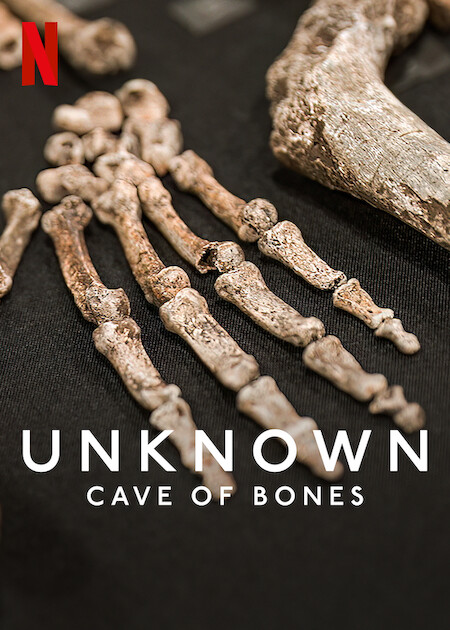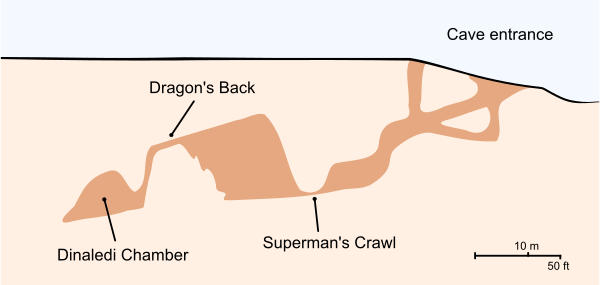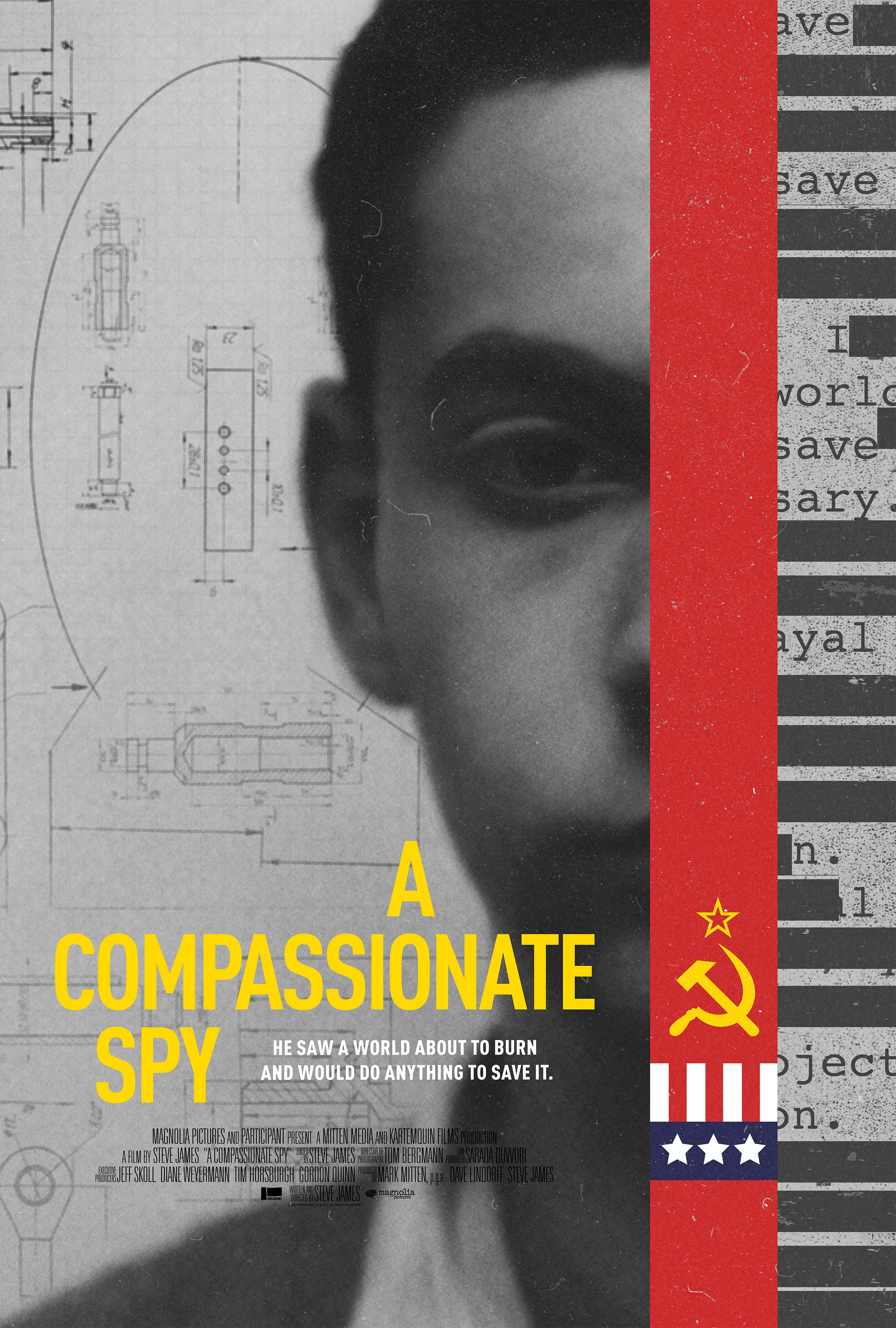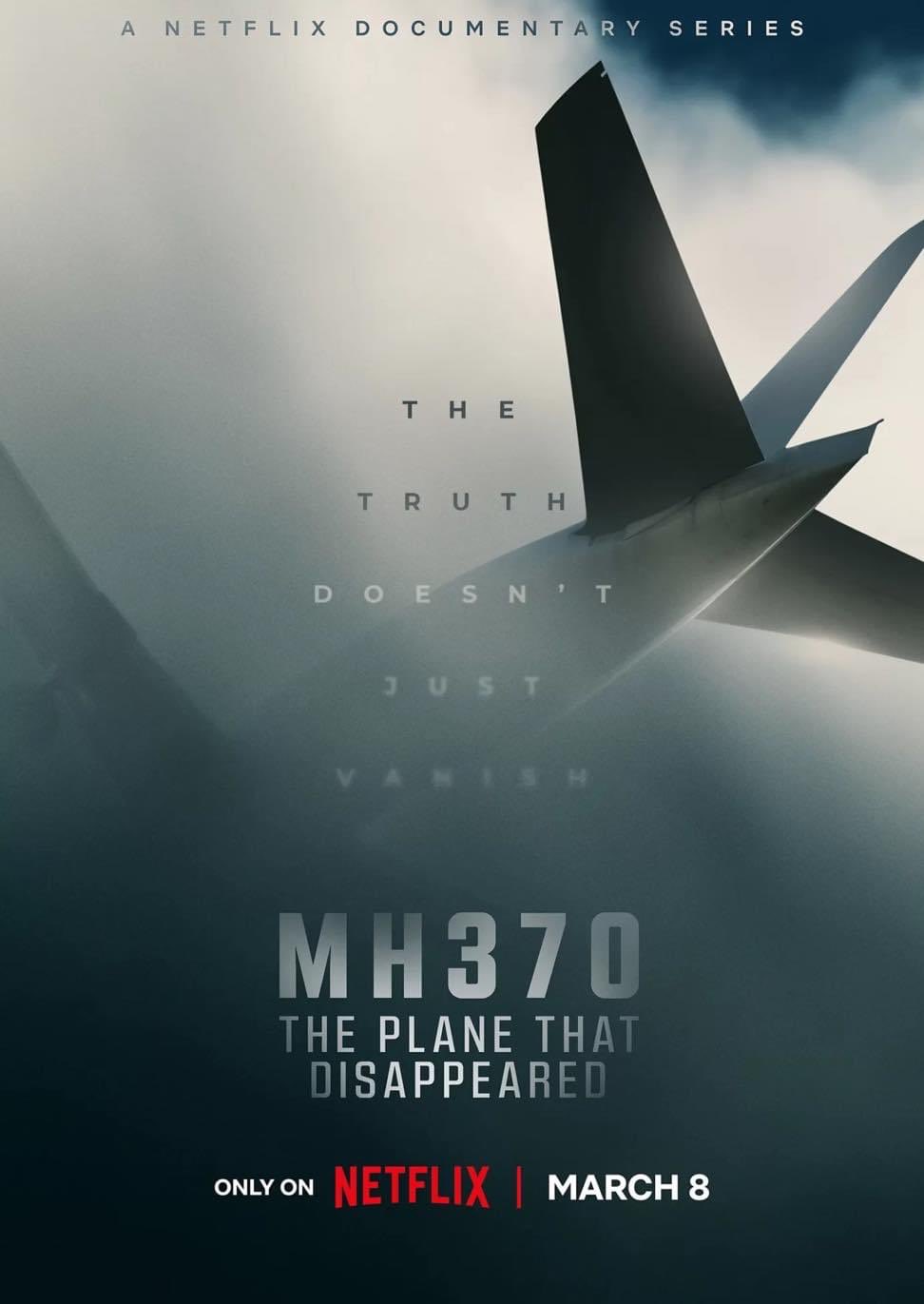Documentaries: September
I've watched several documentaries over the past couple of months and wanted to jot down my impressions. Here's the list:- Unknown: Cave of Bonesn- WWII in Color: Road to Victoryn- A Compassionate Spyn- MH370: The Plane That Disappeared
Unknown: Cave of Bones
Source: https://www.imdb.com/title/tt27837467/
From Wikipedia:
Homo naledi is an extinct hominin species discovered in 2013 in the Rising Star Cave system, Gauteng province, South Africa, dating to the Middle Pleistocene 335,000–236,000 years ago. The initial discovery comprises 1,550 specimens of bone, representing 737 different skeletal elements, and at least 15 different individuals.
The documentary shows one of the latest expiditons to South Africa with scientists who discovered the remains back in 2013.
Source: https://en.wikipedia.org/wiki/File:Cross-section_of_the_Rising_Star_Cave_system_Dinaledi_Chamber.svg
Even with flashlights and rock climbing gear that is available today, navigating the case system is not easy. For unknown reasons, Homo naledi chose to use it to its fullest extent: the remains were found in the furthest part of the cave - the Dinaledi Chamber. Reaching this location is challenging, the movie conveys that well. It also includes interviews with the team and scientists, who conducted the project. Additional animations help fill in gaps, portraying how this species may've looked like and interacted with each other.
Critics point out that "Unknown: Cave of Bones" isn't scientific enough and that some of the team's theories are unproven. I had a similar impression while watching it. However, it's clear that scientists are not the target audience. To me, it was a fascinating glimpse into how palaeoanthropologists work. Can they be biased towards their discoveries and hyphiteses? Well, certainly! Nevertheless, the film can be interesting for a casual audience.
WWII in Color: Road to Victory
Source: https://www.imdb.com/title/tt16477402/
From Netflix:
Gripping historical footage and expert commentary give detailed insights into the leading figures and decisive turning points of World War II.
Growing up in a Russian informational bubble, I became familiar with the key battles between the Nazis and the Soviet Union. To this day, journalists, bloggers and regular people are bringing up the topic of war in various discussions. This series primarily focuses on the Western front, Northen Africa and the Pacific.
One might argue that this isn't fair. The Soviet Union lost more than 20 million people in the bloodbath, there's much more to be said about struggles on the Eastern front. But I employ a different approach to information. I already know about that and if I wanted to learn more, I could find another source. "WWII in Color: Road to Victor" allowed me to see what was happening in other parts of the world.
Various historians and authors participated in the filming, the narrative is complemented by historical video footage. This is especially visible in the final part, which focuses on the US and Japan. It appears that many American journalists were present with their cameras, capturing key events. This intensifies the emotional response and keeps you engaged.
Today, many of us live in relatively good conditions away from Ukraine and other military conflicts. It can be hard to fully comprehend the horrors of a war. We should remind ourselves about them, as playing with fire can lead to terrible consequences. In my opinion, the movie is good at that without being overly dramatic.
Lastly, historical events are always open to interpretation. For me, the most debatable passage in the documentary is that the atomic bombings were necessary and even good, because that helped to save lives. This statement doesn't have a universal support.
Other than that, it's an interesting overview of different events from a Western point of view.
A Compassionate Spy
Source: https://www.imdb.com/title/tt21376858/
From Wikipedia:
A Compassionate Spy is a 2022 American documentary film written and directed by Steve James. Through a long interview with the subject and his wife, archive footage and some dramatic reenactments, the film tells the story of Manhattan Project physicist and Soviet Union spy Theodore Hall.
I haven't seen the Oppenheimer movie yet, but I believe it could be a good addition to the topic. Another relevant piece of media is The Bomb podcast from the BBC. It's about Klaus Fuchs, who was also a Soviet spy involved in the atomic program. I highly recommend listening both seasons.
While the podcast is more of a detective story that doesn't explore Klaus's motivation much, this documentary is built on interviews with the Theodore's wife and children. It also contains fragments from his interview with the BBC. Naturally, the narrative is biased in favor the spy. Probably this is why the movie has 6.6 on IMDb. Unfortunately, there are no text reviews available to confirm my assumption.
I don't see this bias as a bad thing. If anything, this is exactly what I wanted to know: his perspective. In the film, he's indeed portrayed as a compassionate man who saw potential problems in the post-WWII world. He didn't want the US to be the only country with the bomb. This idea is not new, people like the aforementioned Klaus Fuchs and others shared similar concerns. I won't be the judge. If you want to understand this point of view better, go ahead and watch it.
MH370: The Plane That Disappeared
Source: https://www.imdb.com/title/tt26739535/
From Wikipedia:
MH370: The Plane That Disappeared is a British docuseries released on Netflix and directed by Louise Malkinson about the 2014 disappearance of Malaysia Airlines Flight 370.
MH370 is a flight number of a Malaysian commercial airplane that vanished in March 2014 with 239 people on board. What exactly happened to it and why is still unknown.
The first episode focuses on the mainstream version of events. It present data from a British satellite, debris found ashore and a similar flight path discovered on the captain's computer - he was an avid flight simulator fan. These factors point to the conclusion that the disappearance a deliberate act. However, the official final report didn't provide a definitive answer. From page 443:
In conclusion, the Team is unable to determine the real cause for the disappearance of MH370.
That fueled speculations and alternative theories. Next two episodes of the documentary are dedicated to two of them:
- The Russia hijacked the plane to divert attention from the war in Ukraine.
- The US shot down the plane that was flying to Beijing, because it allegedly carried some sensitive technologies.
Of course, there are unanswered questions in the first theory and other hypotheses should be evaluated. But I don't believe that alternative versions were critically addressed. Such allegations require ironclad evidence. This leaves a bad taste in your mouth, as many people have pointed out in reviews.
The series features relatives of those who were onboard. If you're interested in the psychological aspect of this tragedy, you may want to watch it. Some people are grieving and rightfully demand answers, while some are trying to investigate.
Ultimately, this is what keeps me thinking. How do we cope with the loss of our loved ones? How can such grief change us? And finally, how would I react if I were in their shoes? We all experience the loss of close friends and relatives, but that rarely happens in such strange and confusing circumstances. It must be very challenging for the next of kin.
I recall reading this article from The Atlantic a couple of years ago. After briefly revisiting it today, I'd say it provides a more balanced overview of available facts. If you're really interested in the topic, please spend time gathering more information from multiple sources before coming to conclusions.




